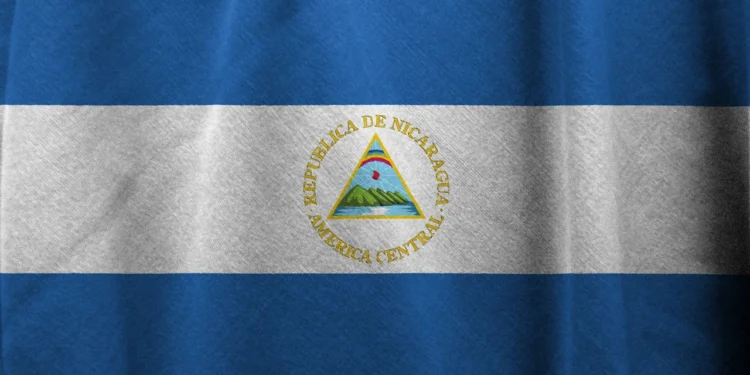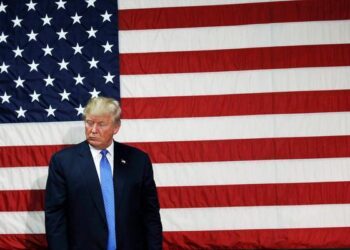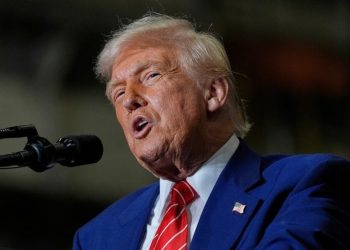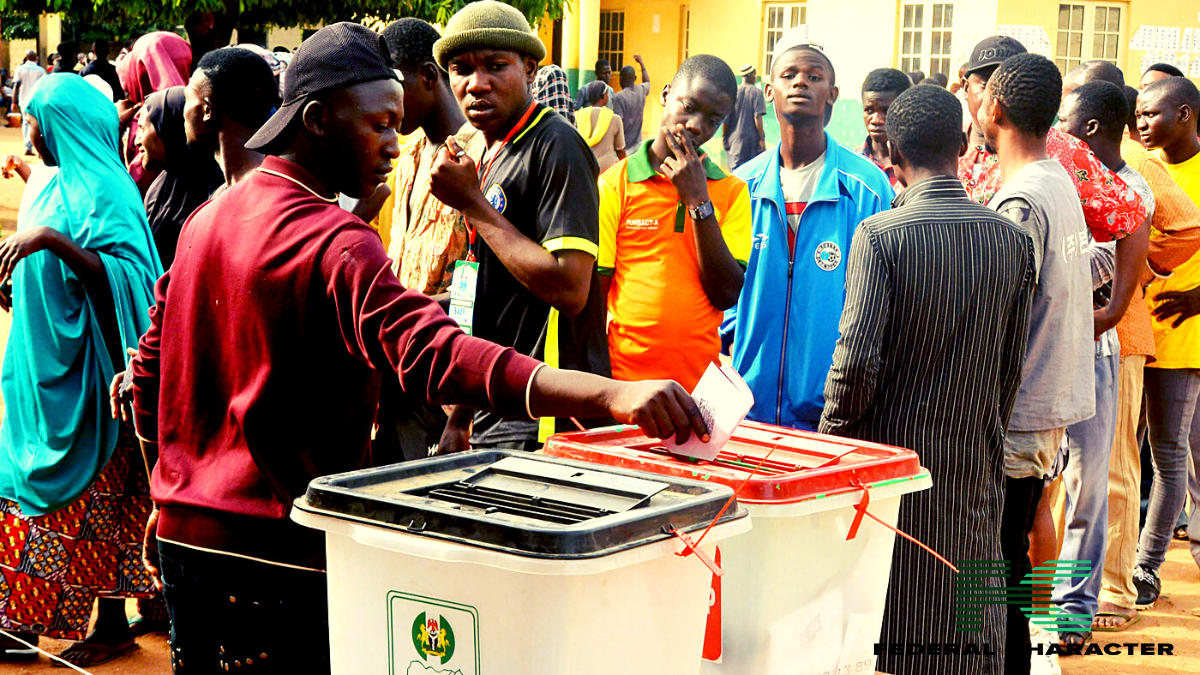The U.S. government has stepped up its immigration enforcement, as Visa Restrictions Hit Nicaraguan Tour and Travel Operators. This shows just how far authorities are willing to go. The State Department announced new measures targeting business owners in Nicaragua who allegedly helped facilitate illegal migration to the United States. This move affects transportation companies, travel agencies, and tour operators, signaling a continuation of the Trump-era hardline approach to immigration.
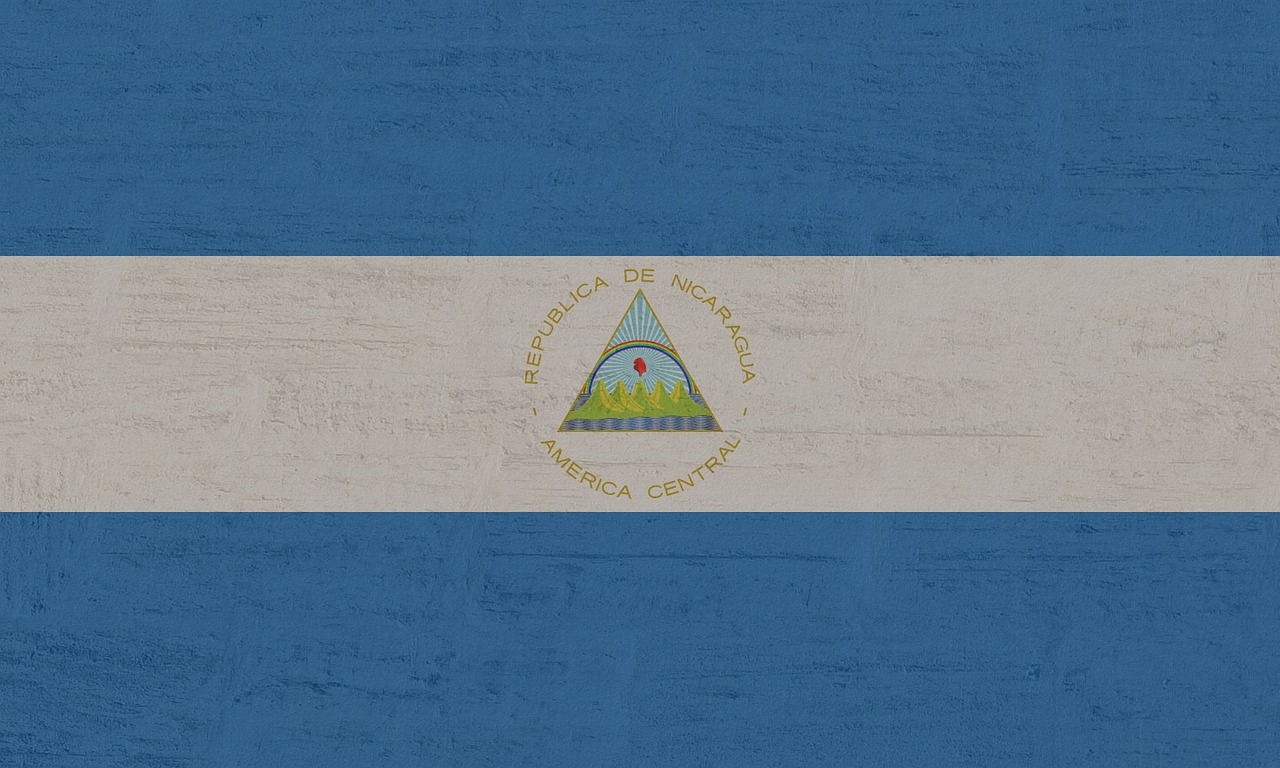
Who Is Being Targeted
Officials said that the visa restrictions apply to individuals who played a role in allowing migrants to travel through Nicaragua, a country whose migration policies are seen as lax and permissive. The announcement didn’t provide names or details, but it’s clear the U.S. is trying to hold business owners accountable for their role in migration flows. By restricting visas, the government aims to prevent these individuals from entering the U.S., adding pressure to curb illegal crossings.
Why This Matters
This is about sending a message, the Trump administration has repeatedly framed immigration as a security and economic issue, and targeting travel operators shows the government is taking a wider approach to enforcement. By focusing on entities that enable migration rather than only the migrants themselves, authorities hope to reduce the number of people using loopholes to enter the U.S. illegally.
For Nicaraguan businesses, this is a warning. Travel and tour operators now face the risk of being cut off from the U.S., one of the largest sources of tourism revenue in the region. The restrictions also highlight the U.S. government’s willingness to impose consequences on countries whose policies indirectly contribute to migration pressures.
Historical Context
Visa restrictions are not new, but targeting commercial operators marks a shift from past policies that mainly focused on government officials or migrants themselves. In April, the U.S. barred more than 250 Nicaraguan officials for human rights abuses, showing that Washington is willing to mix political and economic pressure with immigration enforcement. The current measures extend that logic, using visa power to influence behavior in the private sector.
This approach fits into the larger Trump-era immigration strategy, which has included ending temporary protective status for Nicaraguans and other groups, cracking down on illegal crossings, and pressuring neighboring countries to tighten borders.
Reactions and Potential Consequences
These measures could hurt ordinary Nicaraguans and the tourism industry without significantly reducing illegal immigration. Travel operators may find it harder to attract clients from the U.S., while ordinary people relying on these services could face limited options for legal travel.
Supporters say it’s a necessary step. By focusing on the facilitators rather than just the migrants, the government can target the root of the problem and enforce accountability. In a sense, this is an attempt to prevent illegal immigration at its source rather than simply responding to it after the fact.
What Comes Next
Visa restrictions on Nicaraguan businesses are a tough move that blends immigration enforcement with economic pressure. The government is sending a message to both private operators and foreign governments: enabling illegal migration carries consequences. While the human and economic impact is still unfolding, it’s clear that U.S. authorities intend to maintain a strict line, continuing the hardline approach that has defined Trump-era immigration policy.

